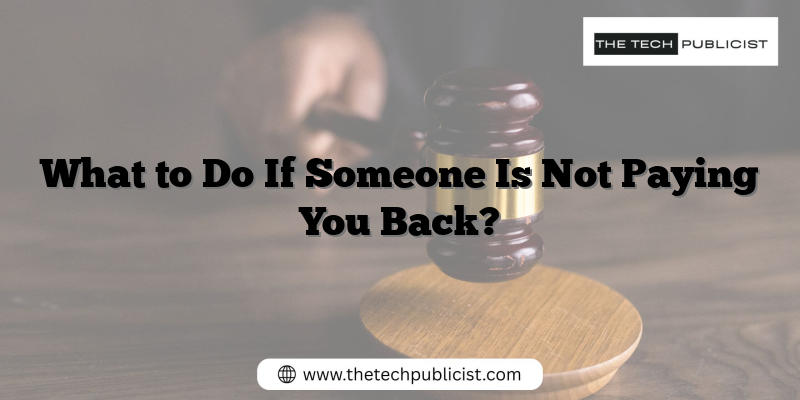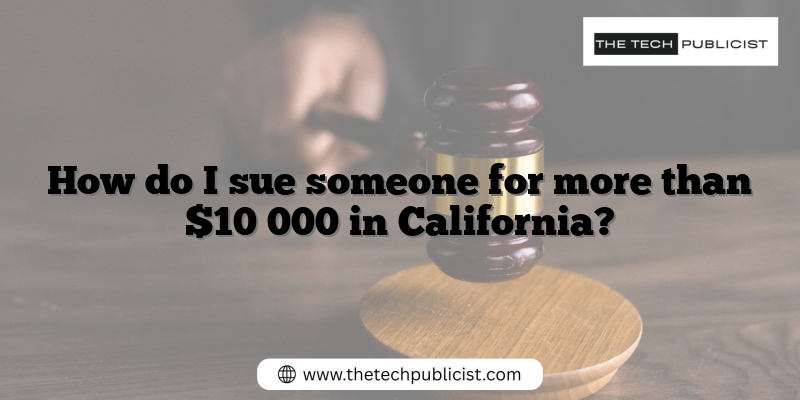Key Takeaways:
- Assess the situation and your relationship with the debtor.
- Attempt direct communication before escalating the issue.
- Explore options like mediation or small claims court.
- Keep thorough records of all communications and agreements.
- Know when to seek legal counsel.
It’s frustrating when someone fails to repay you. Whether it’s a friend who borrowed money, a business partner, or a client who hasn’t settled their invoice, knowing how to navigate this situation properly is crucial. This guide will help you understand your options and the steps you can take to recover your money.
Understanding the Situation
Assessing Your Relationship
The first step in addressing unpaid debts is to evaluate the nature of your relationship with the person who owes you money. Is this a close friend or a professional acquaintance? Understanding this dynamic can shape how you approach the situation.
Financial Context
Consider the context surrounding the debt. Were there extenuating circumstances, such as financial difficulties for the debtor? A compassionate understanding may prompt a more productive conversation.
Steps to Take Before Legal Action
Direct Communication
Start with a straightforward conversation. Reach out to the debtor politely to remind them of the outstanding amount. Often, a friendly nudge can resolve the issue without escalating tensions.
Formal Written Request
If verbal attempts are unsuccessful, a formal written request might be necessary. This could include a clear outline of the debt, agreement details, and a request for repayment by a specific date. Documenting this communication is crucial.
Legal Options
Mediation and Alternative Dispute Resolution
If direct communication fails, consider mediation. This process involves a neutral third party who can help both parties negotiate a settlement. Mediation is often quicker and less expensive than court.
Small Claims Court
When informal resolutions exhaust, you may need to escalate the matter to small claims court. This option is typically available for debts under a certain monetary threshold, which varies by state. Note that if either party is unhappy with the judgment, they may appeal.
Importance of Documentation
Documenting all interactions regarding the debt is vital. Keep a record of messages, agreements, and any payments made. This evidence will be invaluable should you need to proceed to court. Courts favor clear evidence over verbal claims.
When to Seek Legal Counsel
If attempts to collect the debt have failed, and the amount owed is significant, consulting an attorney may be necessary. A legal professional can provide specific advice tailored to your situation and jurisdiction.
Conclusion
Recovering unpaid debts can be challenging but starts with clear communication and proper documentation. Understanding your options, from direct negotiations to legal action, will empower you to take the appropriate steps.

Manali is the founder and editor of The Tech Publicist, a legal-focused blog dedicated to breaking down complex legal topics into plain, practical advice. With a passion for empowering everyday readers, Manali writes about personal rights, property laws, and real-world legal situations that matter. When not decoding the law one article at a time, Manali enjoys diving into tech trends and advocating for accessible legal education.




